Fitness
12 Medication Safety Management Tips That May Save Your Life
12 Medication Safety Management Tips That May Save Your Life
Medication Safety has never been more important than now! As we get older we start to take more and more medication. For some, it can be between 5 to 10 different medications per week. According to the American Nurse Today
“44% of men and 57% of women older than age 65 take five or more medications per week; about 12% of both men and women take 10 or more medications per week”
Known as Polypharmacy. Polypharmacy is where multiple medications are taken by a person to manage a variety of medical conditions. This has the potential of becoming an even bigger problem when medication is prescribed by different Healthcare Professionals; who are working independently of each other. Also, where a complete medication history has not been provided to the Healthcare Professional.

Over at www.placeformom.com a fantastic article has been shared. It provides great tips to help ensure that you or your loved has implemented a Medication Safety list.
The importance of medication management cannot be overstated, especially when taking medications simultaneously to treat different conditions and symptoms. You can read the full article here… 12 Medication Management Tips That May Save Your Life
If you don’t feel like reading the full article here is a quick summary of the tips to help with Medication Safety:
Is the Dosage suitable for the person’s age
As we age our bodies metabolize medications differently. Which means our level of sensitivity can either be increased or in some cases decreased. It can also mean that you will be more susceptible to side effects. Always, check that the dosage is acceptable for the age bracket.
Is the Medication safe for seniors
Not all medications are deemed safe for older adults. If you are picking up medication for your loved one why not ask the Pharmacist if the medication is suitable for older adults.
Create A Medication List
A medication safety list is a fantastic way to keep track of all your prescribed medications, over the counter medications and even herbal remedies. This should also include, the name of the drug, its purpose, dosage, frequency. This will be very helpful for your medical practitioner and help lower the risk of polypharmacy.
Always have the Medication List with you
Now that you have taken the time to create your Medication Safety List it’s really important to ensure that you have it with you at all times. There is no point having a list if you don’t carry it with you. If you are in an accident the Paramedics will want to know what medications you are using. So pop it in your wallet, bag or purse.
Get a Second Opinion
If you are worried about any of the medications you are being prescribed then you are well and truly entitled to a second opinion. Don’t be afraid to go an get one. Just make sure that you have that Medication Safety List with you along with a Medical History Summary.
New Medication or New Batch of Medication
If you have just had a brand new script filled at the Chemist or even if it’s just a repeat. It’s always important to check the label of the medication. Ensure that you have received what you were meant to. Occasionally mistakes happen; so taking a few extra minutes to double check that you received that write medication is important.
Be aware of side effects
Pay attention to the list of side effects, esepecially if the medicatin is new. If you start to notice any changes then you should talk to your Doctor. Again don’t forget to take your Medication Safety List.
Try to use the same doctors and pharmacists
To help avoid Polypharmacy it’s important to stick to the same Doctors. If you are constantly swapping Doctors and not providing them with an up to date Medication Safety List; then you increase the risk of Polypharmacy. If you can also stick to the same Chemist or Pharmacy then they can help keep you organized. In addtion they will become familiar with your Medication Safety List.
Talk with your pharmacists
Why not strike up a conversation with your Pharmacist and ask questions about the medication that you are taking. They can also help keep your medication organized.
Always talk to your Doctor if you have any adverse side effects
Most importantly always talk to your Doctor if you start experiencing any side effects or have any concerns.
Remember we are not Doctors or any form of Healthcare Professional. We strongly advise that you seek your medical opinions.







